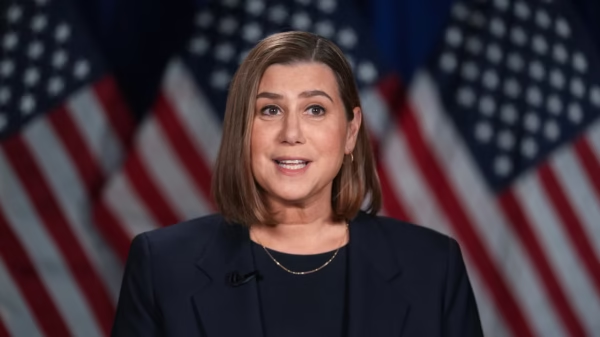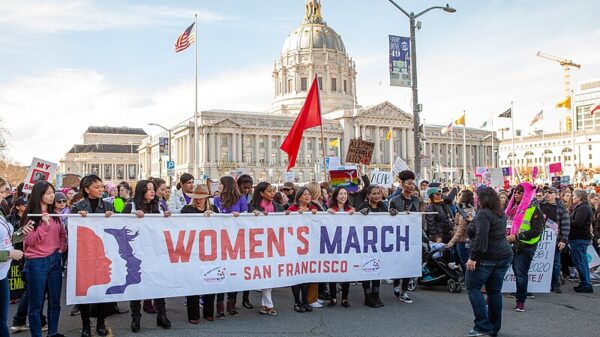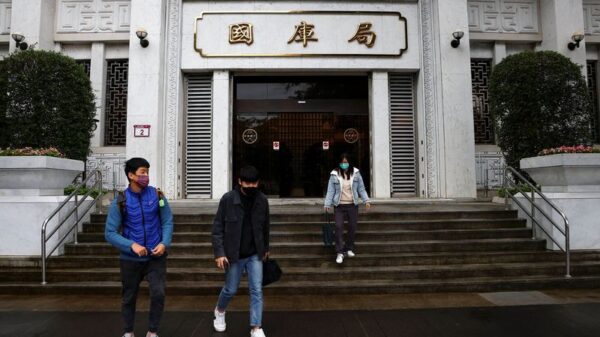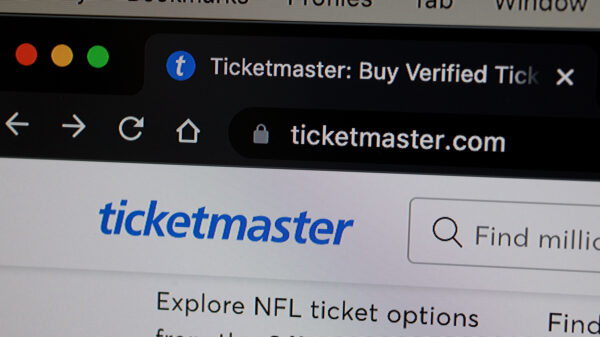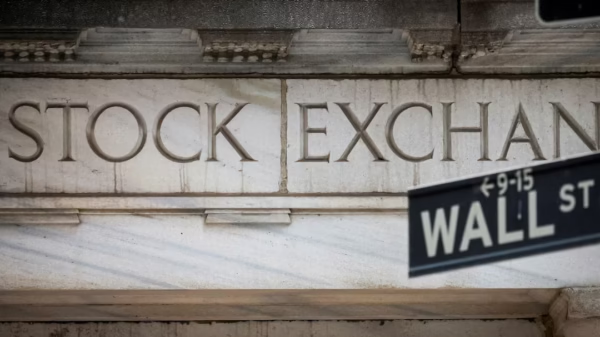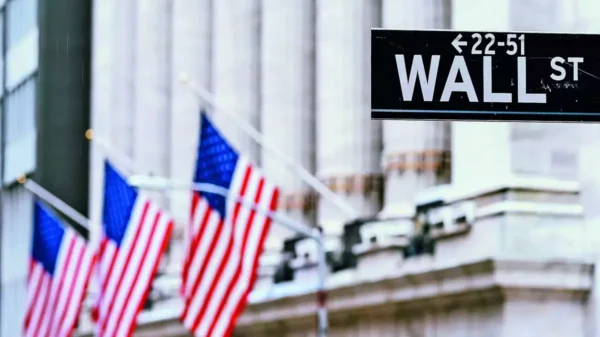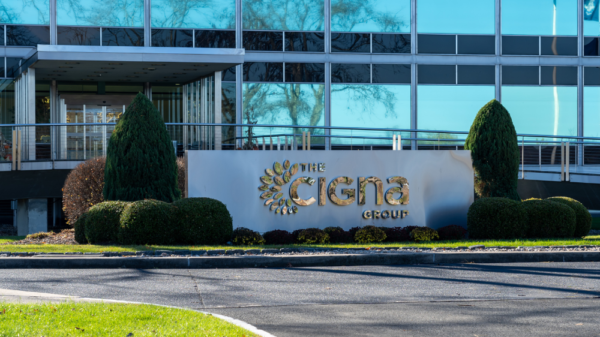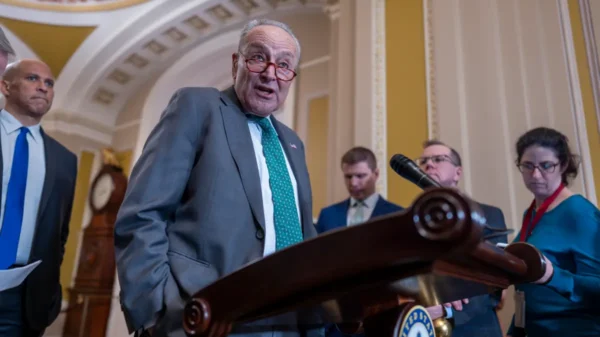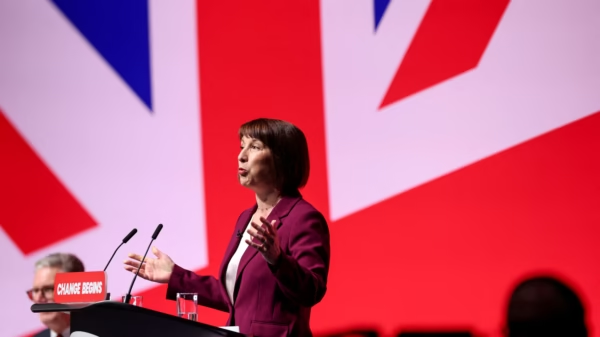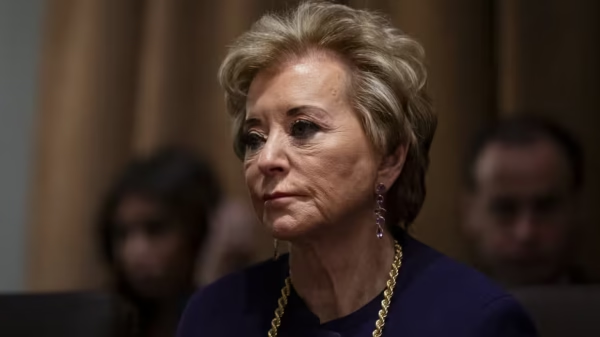Ticketmaster Faces Antitrust Scrutiny Following Controversy
Ticketmaster, the world’s largest ticketing platform, is under antitrust scrutiny following the controversial ticketing issues during a Taylor Swift concert event in 2022. The event, which saw widespread frustration among fans due to technical issues, scalping, and limited access to tickets, has sparked significant public outrage and drawn attention from lawmakers and regulators. These issues have put Ticketmaster and its parent company, Live Nation, in the spotlight, with allegations of monopolistic behavior that could have broader implications for the ticketing industry. The scrutiny has ignited discussions about the need for reform in the online ticket sales space.
Allegations of Monopolistic Practices
Ticketmaster, along with its parent company Live Nation, is facing allegations of monopolistic practices that have raised concerns within both the music and sports industries. The companies are accused of using their dominant market position to discourage competition, stifling other ticketing platforms’ ability to operate freely. One of the main points of contention is Ticketmaster’s exclusive agreements with major venues, which critics argue lock out competitors and limit consumer choice. These exclusivity deals have allowed Ticketmaster to control a significant portion of the market, leaving fans with limited options when purchasing tickets to popular events.
Exclusive Venue Deals Under Scrutiny
The exclusive venue deals held by Ticketmaster have come under intense scrutiny from lawmakers and industry watchdogs. Critics argue that these agreements give Ticketmaster an unfair advantage, enabling the company to monopolize ticket sales for major concerts, sports events, and theater productions. Venues that sign exclusive contracts with Ticketmaster often forgo other ticketing platforms, leaving fans with fewer purchasing options and, in some cases, inflated ticket prices. These exclusive deals have drawn attention from legislators, who are now debating whether such agreements violate antitrust laws and harm consumer interests.
Ticketmaster’s Impact on Ticket Prices and Scalping
One of the central issues in the Ticketmaster antitrust debate is the company’s role in ticket pricing and the secondary ticket market, often referred to as “scalping.” Fans who struggled to secure tickets for high-demand events, like Taylor Swift’s 2022 tour, found that many tickets were immediately resold at much higher prices through secondary platforms. Critics argue that Ticketmaster’s system, which allows the resale of tickets through its Verified Fan program, enables scalping by legitimizing higher resale prices. This practice has led to accusations that Ticketmaster is profiting from inflated ticket prices, exacerbating frustrations among fans and raising concerns about market fairness.
Legislative Debates and Calls for Reform
The ongoing controversy has prompted legislative debates on the regulation of ticket sales in the U.S. Congress. Several lawmakers have expressed concern about Ticketmaster’s market dominance and have called for greater oversight of the ticketing industry. Proposed reforms include limiting exclusive venue contracts, introducing greater transparency in ticket pricing, and restricting secondary market sales to ensure tickets are sold at fair prices. These discussions have gained momentum, particularly after the Taylor Swift ticketing debacle, which highlighted the flaws in the current system and sparked widespread public support for reform. If enacted, such reforms could dramatically change the landscape of online ticket sales.
Ticketmaster’s Response and Future Outlook
In response to the mounting criticism, Ticketmaster has defended its practices, arguing that its platform provides the best access to tickets for fans and ensures a fair distribution of tickets. The company has also pointed to its Verified Fan system, which was created to combat scalping and provide more equitable access to high-demand tickets. However, despite these efforts, the controversy has severely damaged Ticketmaster’s reputation, and the company faces the challenge of rebuilding trust with both consumers and the artists it works with. As the antitrust scrutiny continues, Ticketmaster’s future in the ticketing market may depend on how it adapts to potential regulatory changes and restores its credibility.
Potential Impacts on the Ticketing Industry
The antitrust scrutiny surrounding Ticketmaster has the potential to reshape the entire ticketing industry. If new regulations are implemented, ticketing companies could face stricter rules regarding exclusivity agreements, pricing transparency, and secondary market sales. Smaller competitors may be given a chance to gain a foothold in the market, fostering greater competition and potentially lowering ticket prices for consumers. However, the industry could also face new challenges, such as increased regulatory compliance and the need to develop new systems to prevent scalping and ensure fair access to tickets. The outcome of this ongoing debate could have lasting effects on how tickets are sold and how consumers experience events in the future.
Conclusion: The Future of Ticketmaster and Online Ticketing
In conclusion, Ticketmaster’s ongoing antitrust scrutiny highlights the challenges faced by the company and the broader ticketing industry in a rapidly evolving market. Allegations of monopolistic practices, including exclusive venue deals and involvement in secondary market pricing, have drawn the attention of both lawmakers and consumers. As legislative debates continue, the ticketing industry may see significant changes, including greater oversight and more competition. The outcome of these discussions will determine how online ticket sales are regulated in the future and whether Ticketmaster’s dominance in the industry will remain unchallenged or face substantial reforms.





